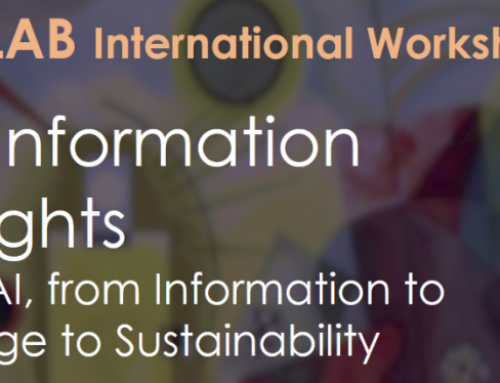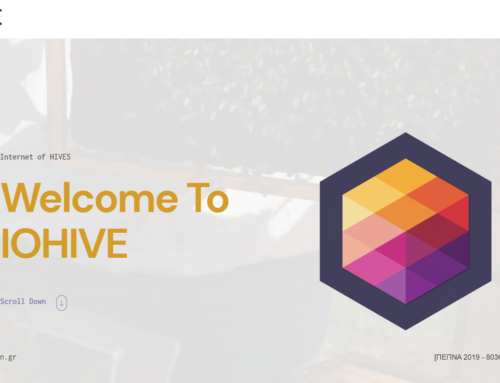Interaction for Design: A theoretical framework for contextual collaboration
The main purpose of this thesis is to explore the theoretical and methodological approaches that are involved in understanding how to achieve interaction, communication and collaboration in socio-technical contexts. Hence this thesis seeks for a systemic, ontological framework for understanding and approaching interaction, communication and collaboration processes, which is able to describe the ways we organise in networked societal groups or contexts of interactive participation, within a context of psychological, social, and material relations. The purpose is to move towards this kind of study and thus reflect upon the consequences of philosophical and methodological understanding for designing and organising for interaction, communication and collaboration. Therefore in this thesis we outline a non-teleological framework of (de)constructive ontology that describes the role of pluralistic multi-methodologies in understanding interaction and/in social, design (con)texts (settings that are interpreted in terms of (con)textuality). The main topics of this research can be summarised to: a) Introduction to the most prominent theories of knowledge and reality representation (epistemology – ontology), b) Examination of the main theories of contextual interaction, social communication and collaboration, c) Introduction to the ontological, meta-hermeneutic framework of (de)construction, d) study of the notions of creativity and design in terms of the (de)constructive framework, e) application of the theoretical framework of (de)construction for the introduction of multi-methodologies for interaction in design (con)texts.




Leave A Comment